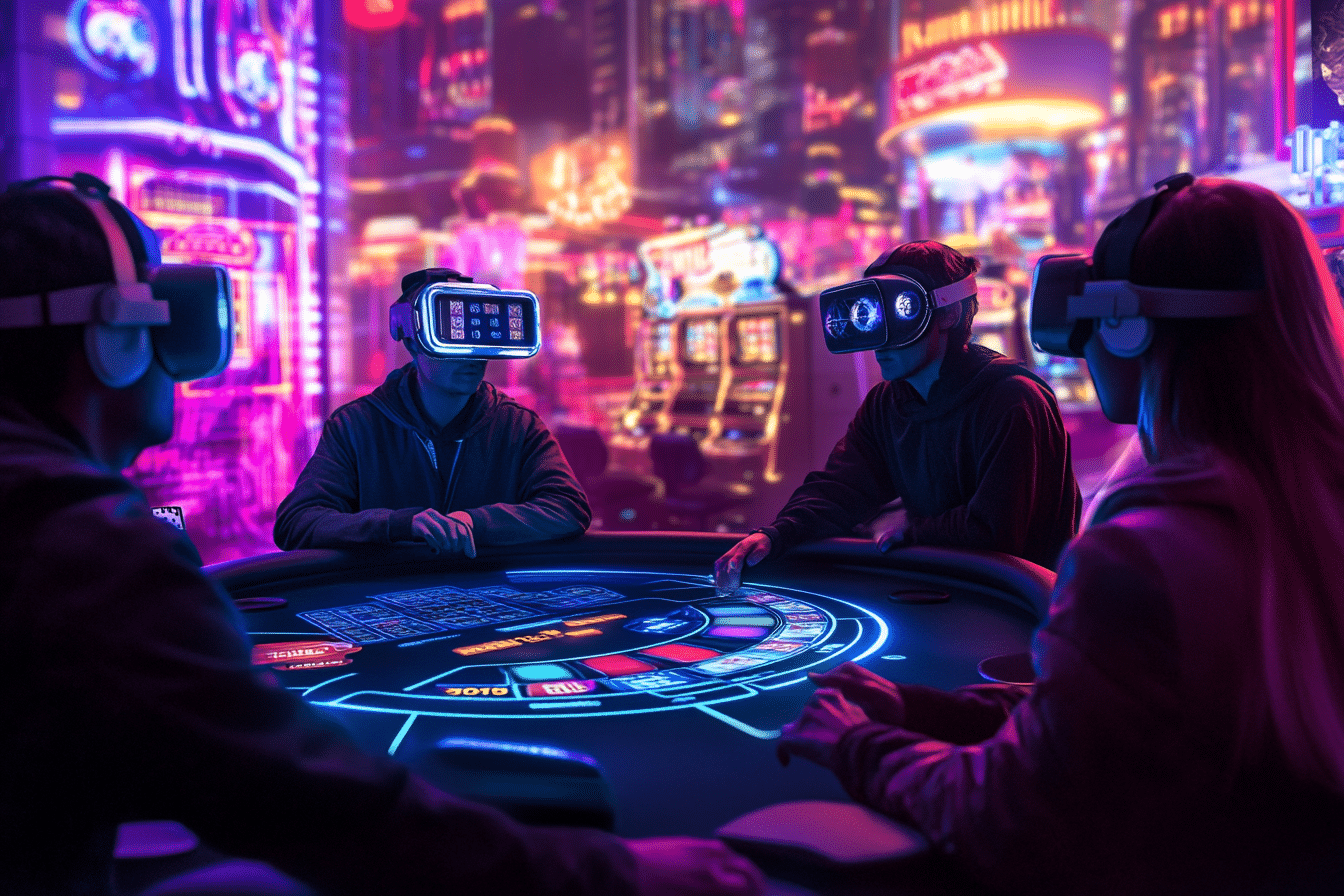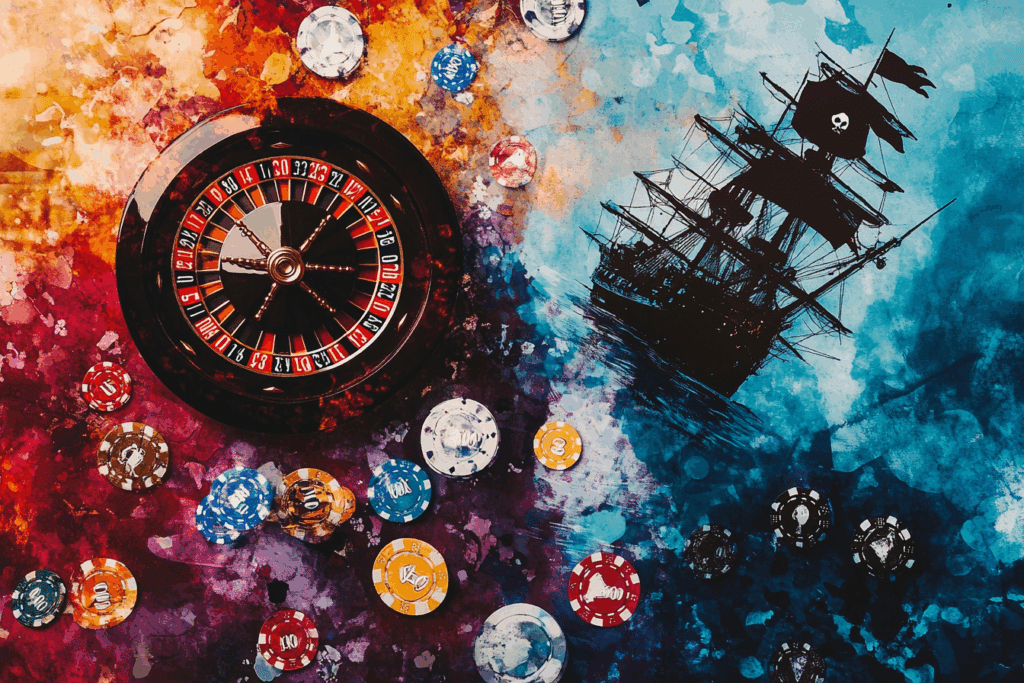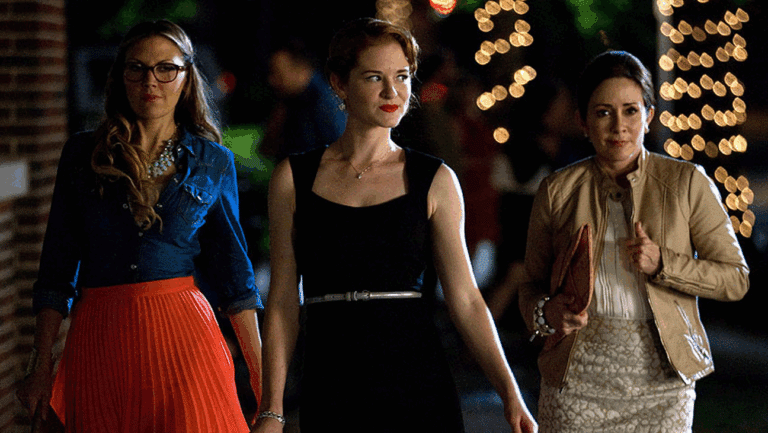Popular culture has been captivated by the drama inherent in gambling establishments for decades. The glittering lights, the intoxicating blend of risk and reward, the promise of fortune changing in an instant — these elements have made casinos irresistible settings for storytellers across all forms of entertainment. And this cultural fascination reveals much about our societal values and collective imagination.
The Silver Screen’s Love Affair with Casino Culture
Few environments offer filmmakers the visual spectacle and dramatic potential of a casino floor. Ironically, the feeling is reciprocated, as many casino titles, including those from TaDa Gaming slots, are reminiscent of popular movies. When the visitors see Pirate Queen or Potion Wizard, it’s hard not to think about the famous Caribbean franchise or iconic Harry Potter movies.
Still, even if casinos and filmmakers seem to support each other’s popularity, it’s Hollywood that sets the mood. Today, we can already shortlist a few central themes in the Hollywood-casino union.
The Heist: Strategy and Spectacle

Casino heist films combine meticulous planning with high-stakes execution, creating a perfect formula for audience engagement. These narratives typically follow a team of specialists who combine their unique skills to overcome seemingly impenetrable security systems.
The visual language of these films usually emphasizes:
- Surveillance and counter-surveillance techniques;
- Split-second timing and coordination;
- Technological prowess versus physical security.
Software developers also capitalize on this trend. If you take TaDa Gaming slots, you’ll see plenty of heist-inspired themes, such as Agent Ace or Treasure Quest, that live up to the spirit of rebellious adventure.
The Glamour Fantasy: Luxury and Exclusivity
Some films emphasize the aspirational qualities of high-end casinos, portraying them as playgrounds for the sophisticated and wealthy. These stories often feature:
|
Film Element |
Psychological Effect |
Cultural Impact |
|---|---|---|
|
Lavish settings |
Creates viewer desire |
Promotes casino tourism |
|
Well-dressed patrons |
Associates gambling with refinement |
Influences fashion trends |
|
VIP treatment |
Suggests exclusivity and status |
Encourages premium experiences |
|
High-stakes games |
Adds dramatic tension |
Glamorizes risk-taking |
This portrayal often masks gambling’s statistical realities, focusing instead on rare moments of spectacular success. The casino becomes a meritocratic fantasy where anyone with skill, charm, or destiny on their side can temporarily join the elite.
Casino Rhythms: Gambling in Music and Television
Beyond film, gambling themes permeate music across various genres, from country to hip-hop, revealing different cultural attitudes toward risk and fortune. Songs about gambling typically fall into celebration songs, glorifying the gambling lifestyle, and metaphorical tracks, using gambling as an allegory for love or life.
Television has explored casinos through both reality programming and fictional narratives. Reality shows focusing on poker tournaments helped normalize gambling as a legitimate competitive pursuit rather than mere chance-based entertainment.
The Digital Frontier: Casinos in Video Games and Virtual Worlds
Video games have incorporated casino elements since their earliest days, evolving from simple digital card games to complex simulations of gambling environments.
|
Game Type |
Player Experience |
|---|---|
|
Casino mini-games |
Optional diversion within larger games |
|
Dedicated gambling simulators |
Realistic casino experience without financial risk |
|
Social casino games |
Gambling mechanics with social networking |
|
VR casino experiences |
Immersive environments replicating physical casinos |
These digital representations raise interesting questions about gambling psychology. When financial risk is removed but the mechanics remain, players still experience dopamine releases and excitement similar to actual gambling. In other words, playing TaDa Gaming demo slots is as exciting as wagering real money on the same machines, but without any financial inhibitions.

Besides, the rise of online gambling communities created new social dynamics of comfort and availability, making casinos more accessible than ever before.
Cultural Analysis: What Our Casino Fascination Reveals
Our collective fascination with casinos reveals several underlying cultural values and tensions:
Risk vs. Security
The enduring appeal of casino narratives reflects a fundamental tension in modern society between risk-aversion and risk-glorification. While we build social systems designed to minimize uncertainty (insurance, retirement plans), we simultaneously celebrate those who take extraordinary risks — no matter if this happens in online venues, like TaDa Gaming casinos, or in physical establishments.
Meritocracy vs. Luck
Casino settings also highlight tensions between meritocratic ideals and the role of chance in determining outcomes. Stories typically emphasize one of these perspectives:
- Skill-based narratives where expertise and intelligence overcome chance.
- Luck-based narratives where fortune favors certain people.
- System-based narratives where mathematical advantage ensures the house always wins.
How these narratives resolve reflects broader cultural attitudes about success, failure, and fairness.
Class Mobility and Economic Fantasy
Perhaps most significantly, casino stories often function as economic fantasies about class mobility. The possibility of instant wealth transformation appeals particularly to audiences during times of economic inequality or limited mobility.
Conclusion: The Enduring Allure of Casinos
The casino’s position in popular culture remains secure precisely because it offers such fertile ground for exploring fundamental human experiences: risk, reward, fate, skill, wealth, and loss. As audiences, we return to these stories because they allow us to explore our relationship with chance and control in a concentrated form. And at this point, it does not matter if we view gambling as a fault or as entertainment.

















